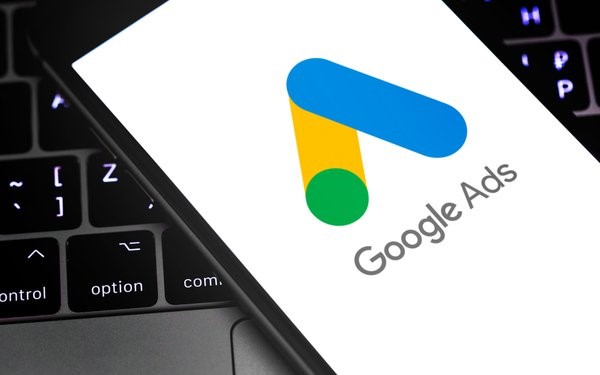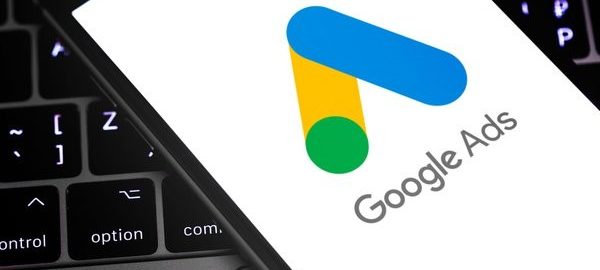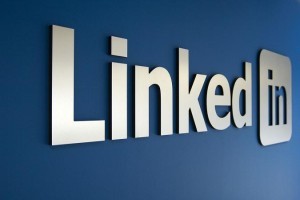Merkle Transitioned To Google PMax, Then Ad Performance Fell

Matthew Mierzejewski, head of search at Merkle, believes artificial intelligence is contributing to inconsistent performance after Google required agencies and brands using its Smart Shopping campaigns ad technology to transition to Performance Max, which uses machine-learning models to optimize bids and placements that were intended to drive conversions.
It took Google several years to perfect bidding algorithms and weed out oddities. The same seems to apply now as Google “opens the aperture across formats,” he said, adding that AI needs to look at the correct signals in the algorithms.
Some advertisers and their agencies feel that Google rushed the release without thinking it through completely.
“A client might be doing well for three weeks, and then have one really bad week,” Mierzejewski said. “Google can’t explain why,” he said, and this happens “across all industries and verticals. It is not limited to one.”
The AI model might have experienced an uptick in Google Display Network traffic, but it did not perform on par with search, so it brought down the average performance score, he explains.
Prior to making this transition, agencies could point to changes when comparing campaigns during consecutive periods. Now, the reasons for the changes are unclear.
“The concern is no one has an answer, including Google,” he said. “Google says the platform will perform — just wait. Some marketers don’t want to wait. Others are willing. It comes down to risk tolerance — spend a little more of the budget in hope of growth, despite a lack of visibility on how that occurs.”
That lack of visibility — the metrics hidden in Google’s black box — reveal the where, how and what ad was served that led to performance is the struggle for many optimizing campaigns. Companies now only receive top-line metrics, and must have faith in the rest. Any major swing can throw off performance.
It is certainly a mixed bag. NP Digital has seen an increase in performance from Performance Max optimizing to leads, but Chris Moreno, senior vice president of media at NP Digital, noted an increase in fraudulent leads. The efficiency in cost per lead after removing the fraudulent leads still outperformed other campaign types, he said.
Marty Weintraub, founder of aimClear, also has “wrestled” with Google Performance Max since it came out in late 2021, and then made advertisers transfer to the platform in September 2022.
“Performance Max is the least of Google’s crucial issues right now,” Weintraub said. “And yes, AI and Google attempting to circumvent marketers discretion is a problem.”
A blog post written in early October by Rob Karwath, aimClear vice president of integrated content, explains some of the struggles Google faces.
“Google is struggling with some of the biggest technical issues in its history, affecting users’ experiences across tools, including spending controls and campaigns on the all-important Google Ads platform,” Karwath wrote. “The company says it hopes to provide an update soon explaining the problems and when they will be resolved. Other mainline Google products are experiencing dramatic issues ranging from dramatic fluctuations in SEO and poor SERPs to GA4’s outright failures.”
Some agencies say performance is not consistent because the platform is not being used correctly or incorrectly analyzing the data.
SEM was built on controls, keywords, bids, match types, and negatives. “Performance Max is built on outcomes — a full-funnel approach aimed at getting users through the funnel,” Laravie said. “Many SEM teams inevitably add controls to Performance Max that limit the big data model it works off, or remove a piece of the funnel to ‘have more control’.”
UPDATE: A Google spokesperson notes that Smart Shopping campaigns began upgrading to Performance Max in 2021. Standard Shopping campaigns are still available and remain separate from Performance Max. They are different campaign types.
(6)








